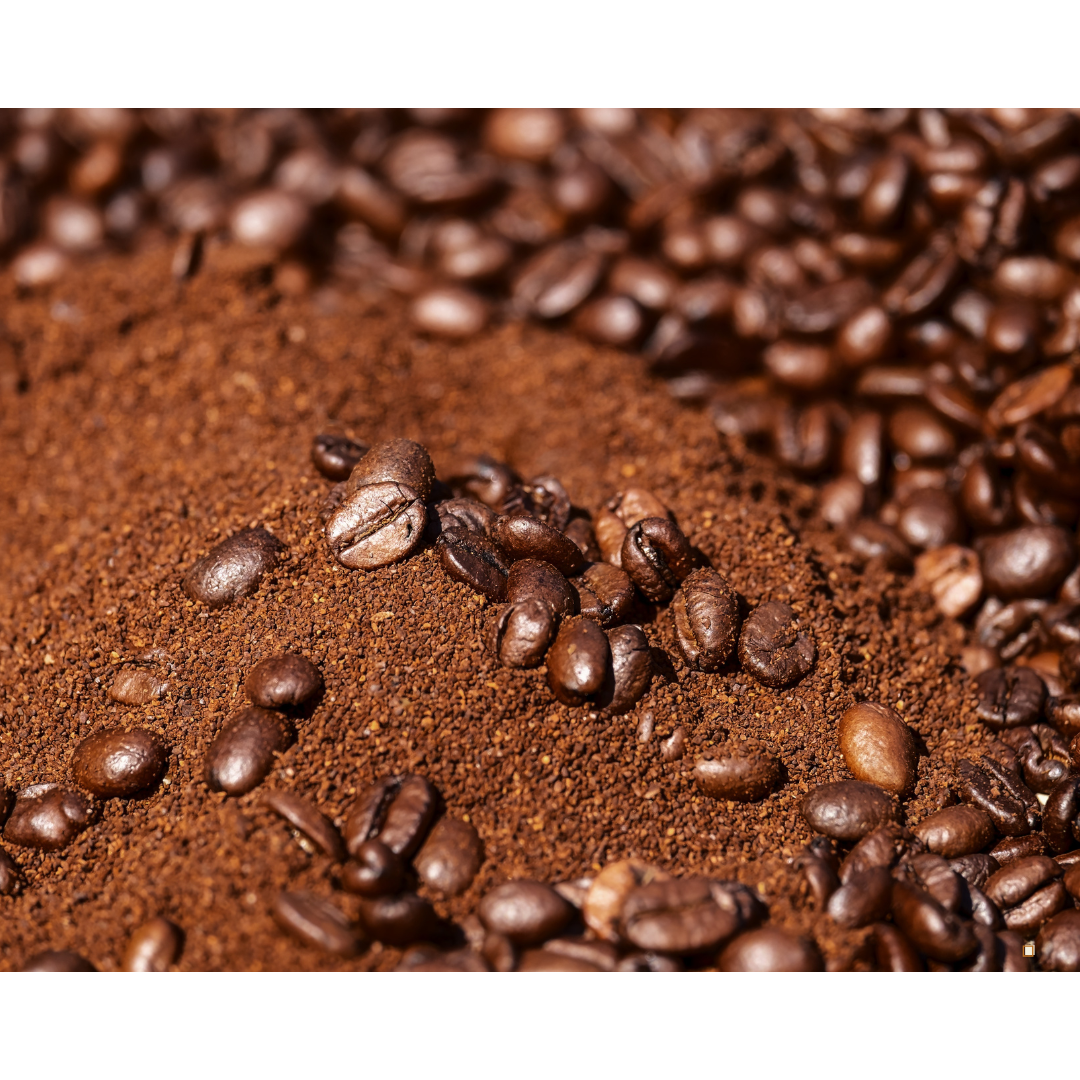
The History of Decaf Ground Coffee: From Discovery to Popularity
For many coffee lovers who wish to avoid caffeine, decaf ground coffee has become a popular choice. But have you ever wondered how decaf coffee came to be, and what led to its rise in popularity? The story of decaf coffee is a fascinating journey that spans centuries, with roots in accidental discoveries and a growing consumer demand for caffeine-free options.
The Accidental Discovery of Decaffeination
The history of decaffeinated coffee can be traced back to the early 20th century, and like many significant innovations, it started with an accident. In 1903, a German coffee merchant named Ludwig Roselius was transporting coffee beans when a shipment became soaked in seawater. Although the beans lost most of their caffeine, Roselius noticed that they retained much of their flavor. This accidental discovery sparked his interest in developing a process to decaffeinate coffee beans intentionally.
Roselius went on to create the first commercially successful decaffeination method, known as the “Roselius Process,” in which benzene was used as a solvent to extract caffeine from the beans. Benzene, however, is now known to be a carcinogenic chemical and is no longer used in food processing. Despite the health concerns, Roselius's method paved the way for future innovations and marked the beginning of the decaf coffee industry.
The Evolution of Decaffeination Methods
Over the years, the decaffeination process has undergone significant advancements to ensure that the flavor of the coffee is preserved while the caffeine is removed safely and effectively. Today, there are several widely used methods, each with its own impact on the flavor and quality of the coffee.
- Direct-Solvent Method: In this method, coffee beans are steamed to open their pores, and then a solvent, typically ethyl acetate or methylene chloride, is used to extract the caffeine. The beans are rinsed and steamed again to remove any remaining solvent. This method is effective and widely used, but it has faced criticism from consumers who prefer chemical-free processes.
- Swiss Water Process: Developed in Switzerland in the 1930s and commercialized in the 1980s, the Swiss Water Process uses water and activated charcoal to decaffeinate coffee beans. The beans are soaked in hot water to dissolve the caffeine, and then the water is passed through a charcoal filter to remove the caffeine molecules. This method is favored by health-conscious consumers because it does not use chemicals and preserves the coffee’s natural flavors.
- CO₂ Process: This modern technique uses liquid carbon dioxide to extract caffeine from coffee beans. The beans are soaked in water and placed in a high-pressure chamber, where liquid CO₂ is used to draw out the caffeine. The CO₂ is then separated from the caffeine and recycled for future use. The CO₂ Process is efficient and environmentally friendly, making it a popular choice among specialty coffee roasters.
The Growing Popularity of Decaf Coffee
Decaf coffee has come a long way since its early days, and its popularity has continued to grow over the years. As more people became aware of the potential health risks associated with excessive caffeine consumption, the demand for decaffeinated options increased. Health-conscious consumers, pregnant women, and those with caffeine sensitivities sought alternatives that allowed them to enjoy the taste of coffee without the stimulating effects of caffeine.
The coffee industry has responded to this demand by improving the quality of decaf coffee and offering a wider variety of options. Specialty coffee roasters now prioritize sourcing high-quality beans and using decaffeination methods that retain the beans’ natural flavor profiles. As a result, decaf coffee is no longer seen as an inferior product, but rather as a sophisticated and enjoyable option for coffee enthusiasts.
Decaf Coffee in Popular Culture
Throughout the years, decaf coffee has made its way into popular culture and has become a topic of humor and debate. In TV shows and movies, decaf drinkers are often portrayed as people who want the experience of drinking coffee without the energy boost, and the choice to go caffeine-free is sometimes met with playful skepticism. However, these portrayals have also contributed to the normalization of decaf coffee as a legitimate and widely accepted option.
With the rise of coffee culture in the 21st century, coffee shops and cafes have expanded their menus to include more decaf choices. Decaf espresso drinks, cold brews, and pour-overs have become commonplace, giving customers the flexibility to customize their coffee experience. The availability of decaf options has also helped bridge the gap between those who love coffee but need to limit their caffeine intake and those who can enjoy regular coffee.
The Impact of Specialty Coffee on Decaf Ground Coffee
In recent years, the specialty coffee movement has had a significant impact on the quality and perception of decaf ground coffee. Specialty roasters are committed to sourcing beans from ethical and sustainable farms, and they apply the same level of care and precision to their decaf offerings as they do to their regular coffee. This has led to a new appreciation for decaf coffee, with more consumers recognizing that it can be just as flavorful and satisfying as its caffeinated counterpart.
Advancements in decaffeination methods have also contributed to the improved quality of decaf coffee. By using techniques like the Swiss Water Process and the CO₂ Process, roasters can offer decaf options that highlight the unique characteristics of the beans, from the bright acidity of Ethiopian coffees to the rich, chocolatey notes of Central American varieties. This focus on quality has helped decaf coffee shed its reputation as a last-resort option and become a favorite among discerning coffee drinkers.
Why Choose High-Quality Decaf Ground Coffee?
When choosing decaf ground coffee, it’s important to consider the quality of the beans and the decaffeination method used. High-quality decaf coffee is made from beans that are carefully selected and processed to retain their natural flavors. By opting for decaf from specialty roasters, you can enjoy a rich and satisfying coffee experience without compromising on taste.
For those who want to savor the full flavor of coffee without the buzz, decaf ground coffee offers a perfect solution. Whether you enjoy a morning cup to start your day or a relaxing brew in the evening, decaf coffee provides the best of both worlds, allowing you to indulge in the ritual of coffee drinking while keeping your caffeine intake in check.

